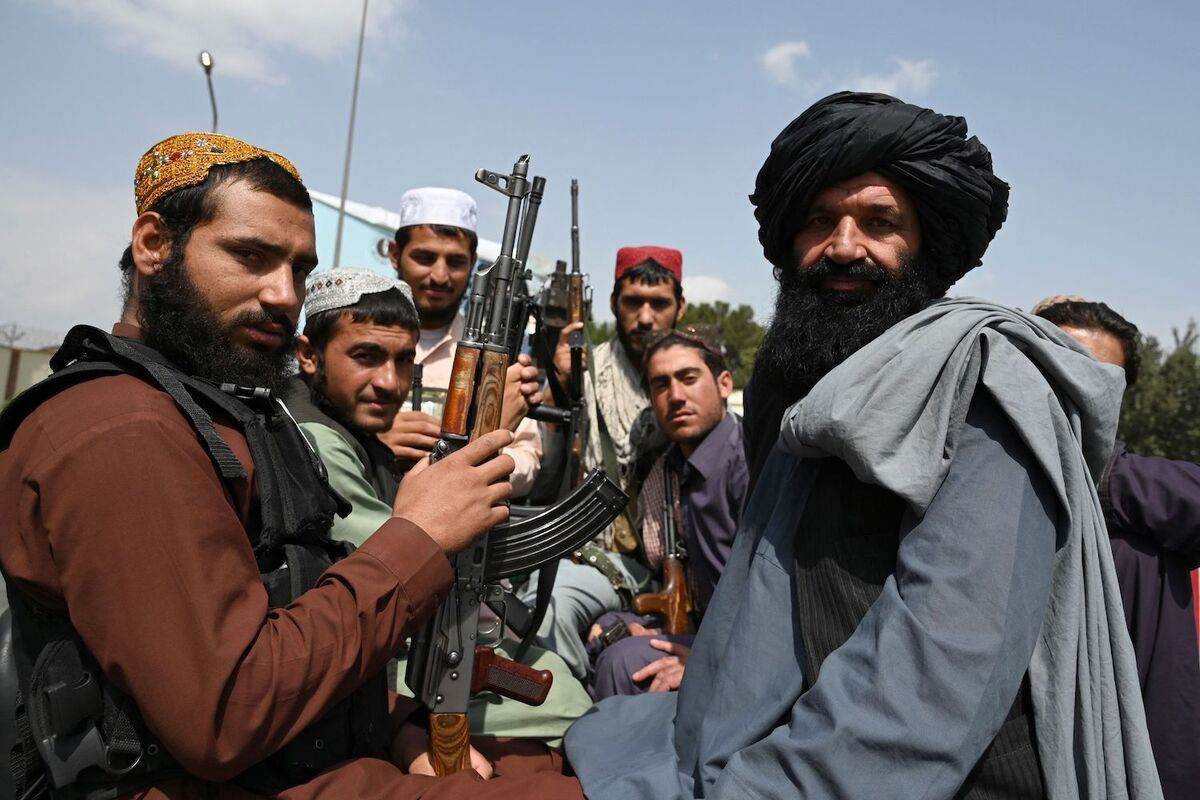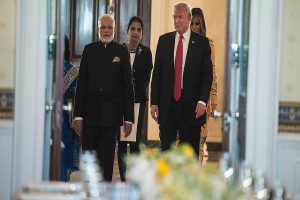The pivotal office of Prime Minister of Afghanistan has eluded Mullah Abdul Ghani Baradar, head of the Taliban’s political office and one of the prominent negotiators at the serial conferences in Doha. Ever since 15 August, when the Taliban brought Kabul under its belt, he had been widely expected to be the next Prime Minister, arguably till he was injured in a confrontation last Friday with the Haqqani faction, one that palpably exposed the divisions within. Mullah Hasan Akhund, an associate of the movement’s late founder, Mullah Omar, was on Tuesday named as the new head of government. No less crucial has been the appointment of Sirajuddin Haqqani as interior minister. His organisation happens to be on the terrorism list of the United States of America. He is one of the FBI’s most wanted men because of his involvement in suicide attacks and ties with Al Qaida. Small wonder that the White House doesn’t appear to be overly impressed with the team.
The White House spokesperson, Jen Psaki, has asserted in the immediate aftermath of the appointments that there would be no recognition of the Taliban government anytime soon. Indeed, the appointment of a group of established figures from different factions of the Taliban gave no indication of any concession towards protests that broke out in Kabul before the new team was unveiled.
The Taliban’s rapid advance across Afghanistan has triggered a scramble to leave by people fearing reprisal. Team Taliban, such as it is, can scarcely inspire optimism. The fissures are pronounced. Baradar’s appointment as Prime Minister Akhund’s deputy, rather than to the top job, was more than a little surprising. Not the least because he had been responsible for negotiating America’s withdrawal and presenting the face of the Taliban to the world. Baradar, once a close friend of Mullah Omar, was a senior Taliban commander in charge of attacks on US forces.
He was arrested and imprisoned in Pakistan in 2010, and helmed the Taliban’s political office in Doha after his release in 2018. On the face of it, his claim to the PM’s office was strong, but as it has turned out it was Mullah Hasan Akhund who was eventually given the nod on Tuesday. Mullah Mohammad Yaqoob, son of Mullah Omar, was named as Defence minister in a series of ministerial appointments that are said to be in an “acting” capacity. To be tentative is the dominant strain.
The exclusion of women from the seat of authority is the other and unsurprising striking feature of the new dispensation. This renders rather uncertain the support of a critical section in a profoundly theocratic country. The putative moderate face of the new regime is at a discount. It is not clear what role in the government will be played by Mullah Haibatullah Akhundzada, the Taliban supreme leader. There is no indication yet that he will play the omnipotent role of Iran’s Ayatollah Khamenei. Islamabad’s fingerprints are visible in the new arrangement.
Advertisement











